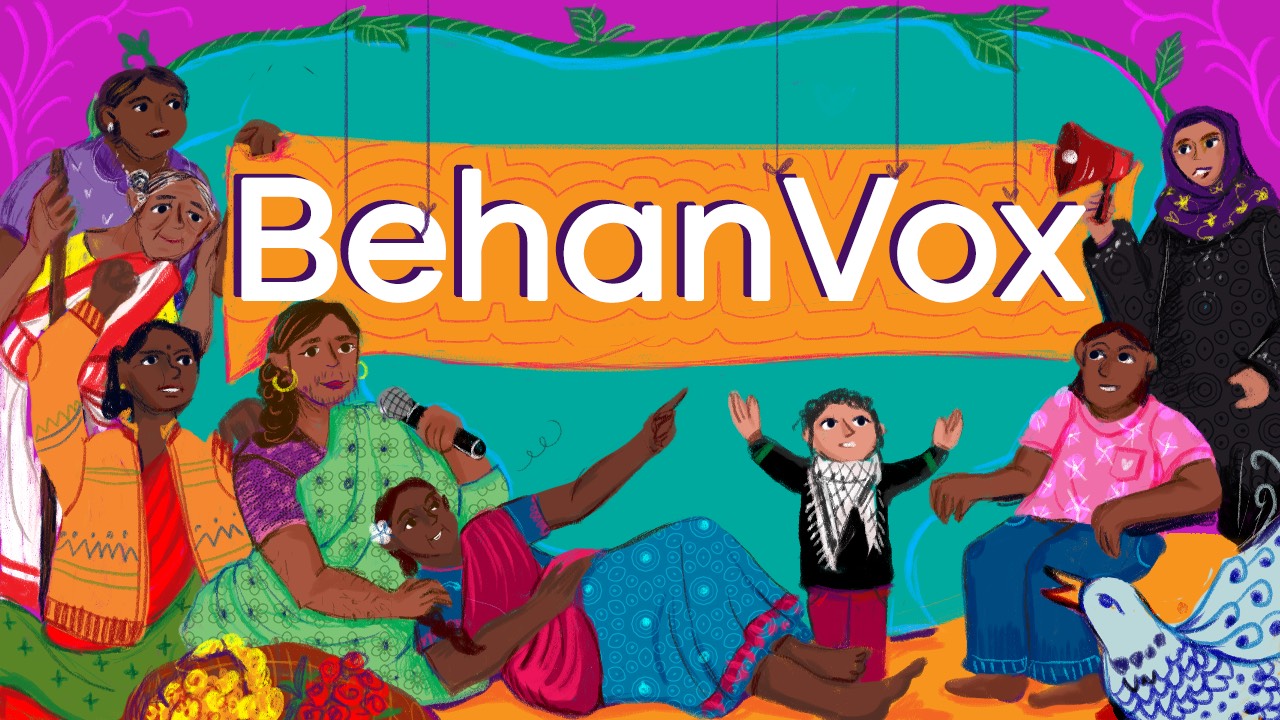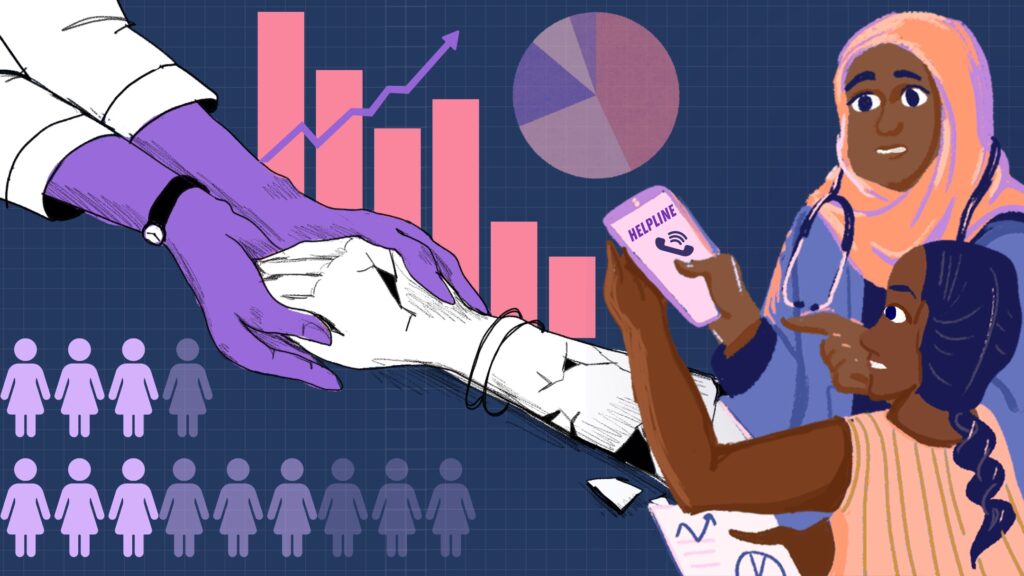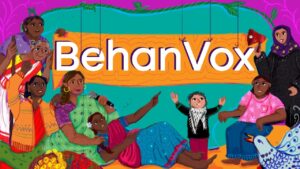At BehanBox, we have been telling the ASHA story in multiple forms in an effort to memorialise the incredible work being done over two decades by India’s 1 million frontline health workers. We see it as a feminist historiography that weaves together interviews, articles, photographs, audio recording and data that help recreate for our readers the texture of their daily lives.
In the series ‘The ASHA Story‘, we bring you this week an interview with a veteran worker and union activist from Kolhapur, Netradipa. She recalls for us stories of how she has gone beyond the call of duty to help girls, women, single mothers, and families, the friendly face of a distant health system. Her journey started in 2009, and along the way, she has discovered the roots of community health initiatives and the gendered politics of caregiving.
She takes us back to a time when ASHA was more an idea than the vast and potent reality it is today. “They weren’t rigid with their selection criteria — the minimum requirement was anywhere between 7th – 10th grade; in tribal areas such as Gadchiroli even women who had cleared 5th grade were picked. The government was more concerned that the women should be rooted in the community and be able to talk to others, and accompany people to the hospital,” she remembers of her own casual entry into the workforce.
Today the ASHA’s work agenda has expanded multifold and it is a veteran like Netradipa who is fighting for their right to fair wages, status as regular government employees. And from an uncertain entrant who struggled to overcome her reticence to question complete strangers about their contraception habits, she has become the face of the fraternity on international platforms.
“I went from being a local ASHA to a global ASHA worker – this is the biggest milestone. What I do in a village, my thinking, and my work, has reached international platforms. I see so much change in myself. I used to be quiet and hesitant, thinking twice about going somewhere or speaking up, now I’m bindaas with what I say and how I say it. Haq se baat kar sakte hain logo se,” she says.
Still, it is riveting to go back to those early days of ASHA work when few knew exactly what they did, were suspicious of their intent and their confidence had to be won with dedicated and quiet work.
Read our interview with Netradipa here.






